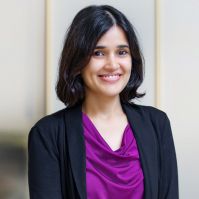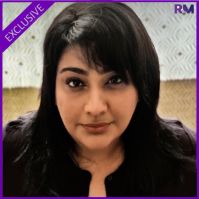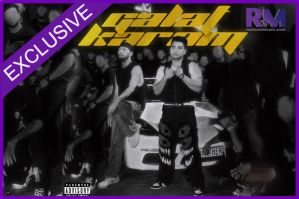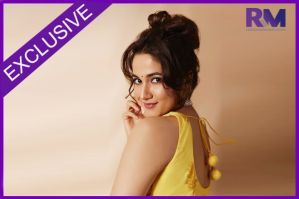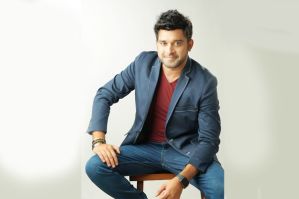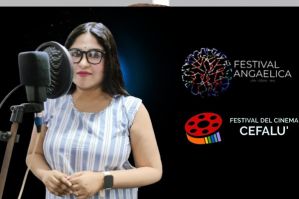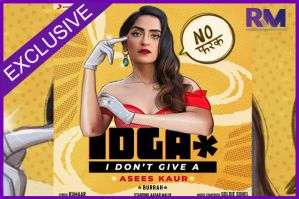Chintoo Singh - 'Not all music labels are open to consider the genre or instrument I play'
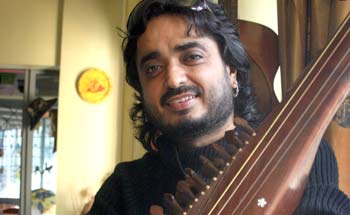
An early starter in the music industry, Chintoo Singh's solo rabab performances have been appreciated by many over the globe. He has accompanied both national and international artistes like Mehdi Hassan, Jagjit Singh, Ghulam Ali, Shania Twain and Phil Collins, to name a few thanks to his unique guitar playing style. In addition, Chintoo Singh is now in talks to perform at Eric Clapton's Crossroad Guitar Festival.
A multi-instrumentalist, Chintoo Singh is very much like the introverted musician we all know – someone who rather let his music speak. Radioandmusic.com's Chirag Sutar chats with the seasoned musician on music, instruments and his journey so far.
Excerpts-
You were the youngest guitarist to play for R D Burman. How did you get through the auditions?
There were around 15-20 guitarists for that audition, I remember, when my turn came, I was nervous – I spent around 15 minutes just to tune my guitar! I was really not sure if I would be selected there were many who were good. Later, Panchamda told me that the rest of the guitarists played well but didn't check if their guitars were tuned – fortunately, I did.
Tell me about your journey so far as a musician, when did you pick up the guitar?
I picked up the guitar when I was twelve years old. However, my first instrument was not the guitar – it was the violin. Eventually, I found myself getting drawn towards the rabab. I had seen images of Gurunanak's disciple Mardana playing rabab that really caught my fancy. Later, on a trip to Afghanistan (1990), I saw rabab being sold there, I instantly picked one and kept practicing on that on my own The Rabab which I now own belongs to a renowned Iranian musician – it's almost 40 years old.
Many use threads for reference on Rabab, You don't.
Yes, there are many who tie threads for reference. The threads act like frets, but then you are confined to picking single notes (plays single notes). Playing the rabab without any threads is lot more challenging, it also gives the player a lot more freedom. Since I prefer to play in gayaki style (plays in gayaki style), I don't use the threads – they actually come in the way.
You moved from playing guitar to playing rabab. Why this changeover?
I felt I had played a lot of guitar and I needed to move to something new. Rabab was a natural choice, today it's hard to find solo rabab players in fact the instrument itself is rare. This year, Big Music released my album 'Arabian Nights' on which I have played both rabab and timbur. I think I was quite fortunate since not all music labels are open to consider the genre or instrument that I played.
Your guitar playing too has a unique touch to it, how did that develop?
I prefer to play the guitar in an Indian way – say by using the notes of our Indian raga system. I observed that there are many guitar players who are good at western styles but you need to have your own unique style and make sure you are not the part of the same herd.
What are your observations about the session musicians in India?
In India, the session music has to have knowledge of all the genres. You can't say I only play blues, jazz or rock. Contrary to this, in west, a blues musician can concentrate only on blues and make a living out of it. Here, the musician ends up doing pretty much everything.
How did the Shania Twain and Phill Collins project happen?
I was performing in US where incidentally one of the producers working with Shania Twain had come down to watch the performance. I think he liked the unique sound of the rabab – that's how I ended up playing on the album. During the same time, I also got the opportunity to play with Phill Collins at the Carnegie Hall, New York. It was nice.
Do you look forward to get into film composing someday?
I have been getting offers for film composing, but I am very careful, I don't want to do any project just for the heck of it.
Which guitars do you own and what kind of sound do you prefer?
I used a Fender Strat when I started, later I moved to Ovation. I found that the Ki Sound acoustic guitars are great for blues – that is what I use for recordings and performances.
As far as the sound goes, I prefer it clean.
Did you always want to become a musician?
When I expressed that I want to become a musician, many of my friends would tell me that I won't be able to make a living out of it. I took that as a challenge and became a musician anyway.
Chintoo Singh recently released 'Arabian Nights' – an instrumental album on which he plays both rabab and timbur. The album is available under the Big music Label for Rs. 150 /-





